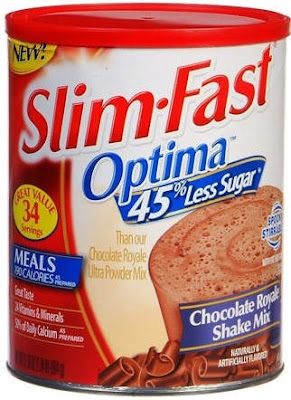So does the newly published Crock Restructuring Plan finally bring some comfort for taxpayers?
The basic idea is that NR will go on a crash diet, slimming from total assets of £107bn at end-2007, to £49bn by end-2011. That will be achieved by encouraging existing mortgagees to switch away (targeting 60% redemptions), cutting market shares to "well below historic levels", and withdrawing from various business lines altogether. Costs, including staff, will also be slashed.
Meanwhile, reliance on that troublesome wholesale funding will be drastically reduced, and much greater emphasis placed on deposits from retail savers. Retail funding is planned to increase from a mere 10% at end-2007 to 50% by 2012.
In other words, the Crock will go back to being much more what it used to be - a small to medium size mortgage and savings bank.
And taxpayers? Well, all of the current £24bn of loans from the Bank of England will be repaid by 2010. So that's good.
And the Treasury guarantee will be released by 2011. That's also good.
And then the "smaller, more focused and financially viable mortgage and savings bank... will be returned in due course to the private sector". Which is excellent.
So it's all good news then?
Ah...
First, the Crock expects to lose a shedload of money between now and 2011:
"In 2008 the business is expected to be significantly loss-making, as a consequence of both the anticipated one-off restructuring costs, which are likely to be substantial, and higher funding costs."
And it doesn't expect to make annual break-even again until 2011.
Second, those redeeming mortgagees will inevitably be the better quality ones- the people who can find alternative providers. Crock will be left with all the junk.
Which will seriously compound the mounting problems with its deteriorating loan book. Because despite all those high level assurances about high quality, it now turns out it took a £240m charge in 2007 for loan-loss impairment, three times the previous year's figure. And its plan envisages significant further deterioration this year.
Third, what if it can't live without the Treasury guarantee? Or what if the EU competition authorities don't allow it to continue?
The plan envisages NR achieving an A- credit rating on a standalone basis sometime around 2011. But even if it succeeds - itself highly unlikely given previous comments - A- is a pretty low rating by High Street bank standards (eg HSBC and Barclays are both AA, four notches higher). And given the history, many retail depositors would simply walk away.
It's a problem the plan tries to skate lightly around:
"Given the limited practical experience of the consequences of releasing state guarantees of Bank deposits and wholesale liabilities, the viability of the Plan’s proposals for release of the guarantee arrangements will be kept under review in the light of customer feedback, market circumstances and the requirements of the FSA, as regulator, for adequate capitalisation, liquidity and free assets."
Translation: NR cannot survive without the guarantee, but we have no idea what to do about it: maybe something will turn up. And while it is supposedly now paying a fee for it to HMT, as a nationalised company such payments are a complete charade.
A crash diet is undoubtedly the least bad course available for taxpayers. But this plan does nothing to change our view that we are on the hook for a very large bill in due course (ie the other side of the Election).
